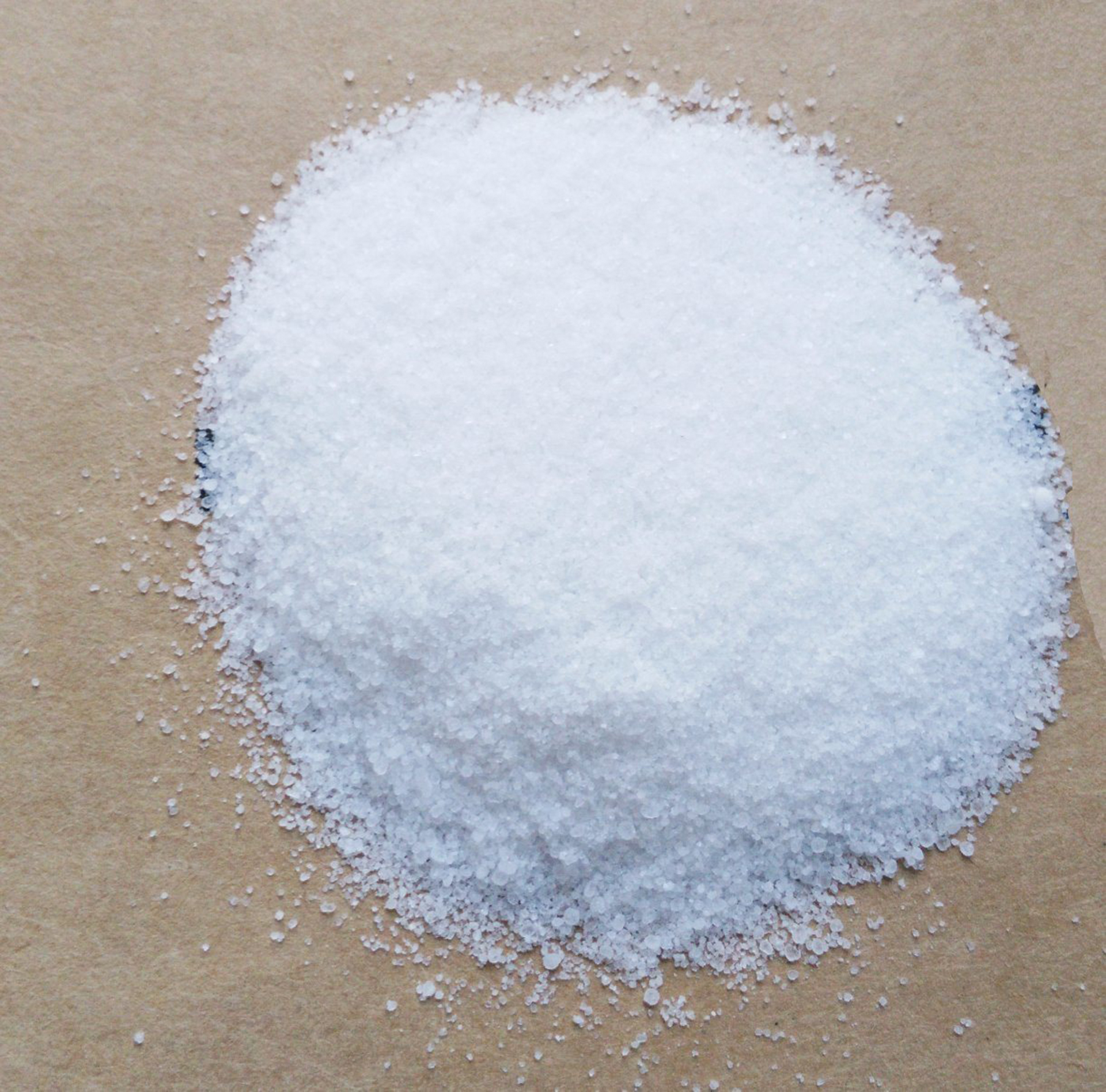



Understanding the Molar Mass Calculation of Barium Sulfate in Chemical Analysis
Understanding the Molar Mass of Barium Sulfate
Barium sulfate (BaSO4) is an inorganic compound that consists of barium, sulfur, and oxygen. It is a white crystalline powder that is insoluble in water and commonly used in a variety of applications, including as a contrast agent in medical imaging and in various industrial processes. One of the essential properties of barium sulfate that chemists and engineers often need to consider is its molar mass.
Defining Molar Mass
Molar mass is defined as the mass of one mole of a substance, typically expressed in grams per mole (g/mol). It is calculated by summing the atomic masses of all the atoms in the molecular formula of the compound. For barium sulfate, the molecular formula is BaSO4, indicating that it contains one barium atom, one sulfur atom, and four oxygen atoms.
Calculating the Molar Mass of Barium Sulfate
To calculate the molar mass of barium sulfate, we need to look up the atomic masses of its constituent elements
- The atomic mass of barium (Ba) is approximately 137.33 g/mol. - The atomic mass of sulfur (S) is about 32.07 g/mol. - The atomic mass of oxygen (O) is roughly 16.00 g/mol.
Using this information, we can calculate the molar mass of BaSO4 as follows
1. Barium (Ba) 1 atom × 137.33 g/mol = 137.33 g/mol 2. Sulfur (S) 1 atom × 32.07 g/mol = 32.07 g/mol 3. Oxygen (O) 4 atoms × 16.00 g/mol = 64.00 g/mol
molar mass of barium sulfate

Now, we can sum these values
\[ \text{Molar Mass of BaSO4} = 137.33\, \text{g/mol} + 32.07\, \text{g/mol} + 64.00\, \text{g/mol} = 233.40\, \text{g/mol} \]
Thus, the molar mass of barium sulfate is approximately 233.40 g/mol.
Applications and Importance
The determination of molar mass is crucial in several fields. In chemistry, for example, it allows scientists to prepare solutions and reactants in precise amounts. In medicine, barium sulfate is widely used as a radiocontrast agent for imaging studies such as X-rays and CT scans. When swallowed or introduced rectally, it coats the lining of the gastrointestinal tract, providing clear pictures that help in diagnosing various conditions.
Industrially, barium sulfate is used in manufacturing processes, including the production of paints, plastics, and rubber. Its high density also makes it useful as a filler in various applications, helping to improve the quality and performance of the final products.
Conclusion
In summary, the molar mass of barium sulfate is a fundamental property that has considerable implications in both scientific and industrial contexts. With a value of approximately 233.40 g/mol, it serves as a critical point of reference for researchers and professionals working with this compound. Understanding molar mass enhances our ability to effectively use barium sulfate in practical applications, ensuring accurate measurements and fostering innovation across various fields. Whether in the lab, the hospital, or the manufacturing plant, the significance of barium sulfate and its molar mass cannot be overstated.
-
Why Sodium Persulfate Is Everywhere NowNewsJul.07,2025
-
Why Polyacrylamide Is in High DemandNewsJul.07,2025
-
Understanding Paint Chemicals and Their ApplicationsNewsJul.07,2025
-
Smart Use Of Mining ChemicalsNewsJul.07,2025
-
Practical Uses of Potassium MonopersulfateNewsJul.07,2025
-
Agrochemicals In Real FarmingNewsJul.07,2025
-
Sodium Chlorite Hot UsesNewsJul.01,2025










